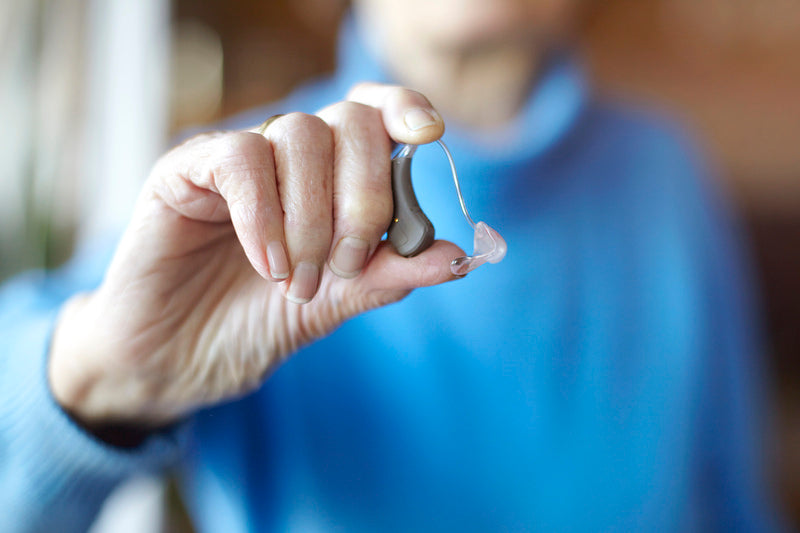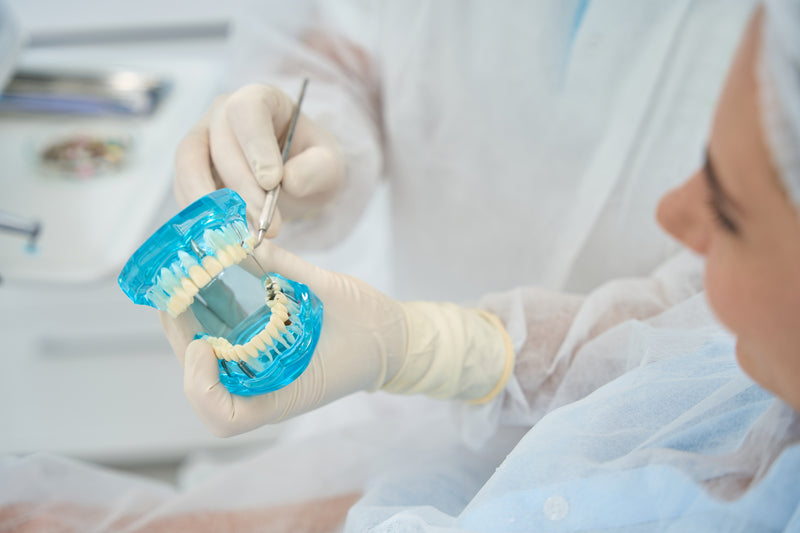Exploring the Best Vitamins to Support Sinusitis Treatment
Sinusitis is a common condition characterized by inflammation of the sinus cavities, resulting in symptoms such as nasal congestion, facial pain, and headaches. While medical interventions are often necessary for treating sinusitis, certain vitamins can play a supportive role in alleviating symptoms and promoting sinus health. In this article, we will explore some of the best vitamins to consider as part of your sinusitis treatment plan. These vitamins have immune-boosting and anti-inflammatory properties that can help reduce inflammation, support the immune system, and potentially enhance recovery from sinusitis.
Vitamin C
Vitamin C is a powerful antioxidant that supports immune function and helps reduce inflammation. It can aid in relieving symptoms associated with sinusitis by promoting a healthy immune response and reducing the duration and severity of upper respiratory infections. Foods rich in vitamin C include citrus fruits, strawberries, kiwi, bell peppers, and broccoli. Consider incorporating these foods into your diet or talk to your healthcare provider about vitamin C supplements to support your sinusitis treatment.

Vitamin A
Vitamin A plays a vital role in maintaining the health of the mucous membranes in the nose and sinuses. It supports the production and function of white blood cells, which are crucial for fighting infections. Foods rich in vitamin A include carrots, sweet potatoes, spinach, kale, and liver. Consuming these foods can help support the health of your sinuses and boost your immune system. If necessary, vitamin A supplements can also be considered, but it's important to consult with a healthcare professional for appropriate dosage recommendations.
Vitamin D
Vitamin D plays a significant role in modulating the immune system and reducing inflammation. Research has shown that vitamin D deficiency may be associated with an increased risk of respiratory infections and worsened symptoms in individuals with chronic sinusitis. Sunlight is the best natural source of vitamin D, but it can also be found in fatty fish, fortified dairy products, and certain mushrooms. If sunlight exposure is limited, and dietary intake is insufficient, vitamin D supplements may be recommended. However, it is crucial to consult with a healthcare provider to determine the appropriate dosage based on your individual needs.
Vitamin E
Vitamin E is an antioxidant that helps protect the body's cells from damage caused by oxidative stress. It may help reduce inflammation and alleviate symptoms associated with sinusitis. Good dietary sources of vitamin E include nuts, seeds, spinach, and avocado. Incorporating these foods into your meals can provide a natural dose of vitamin E. However, it's important to note that excessive intake of vitamin E through supplements may have adverse effects, so it's best to consult with a healthcare professional for guidance.
Zinc
Zinc is a mineral that supports immune function and may have antiviral and anti-inflammatory properties. Adequate zinc levels can help promote a healthy immune response and potentially reduce the severity and duration of sinusitis symptoms. Foods rich in zinc include oysters, beef, poultry, pumpkin seeds, and lentils. If needed, zinc supplements can be considered, but it's important to consult with a healthcare professional for proper dosage and to avoid excessive intake, which can have adverse effects.
Probiotics
While not a vitamin, probiotics play a crucial role in supporting immune health and reducing inflammation. They help maintain a healthy balance of bacteria in the nasal passages and sinuses, which can contribute to a stronger immune response and potentially reduce the risk of sinus infections. Probiotics can be found in fermented foods like yogurt, kefir, sauerkraut, and kimchi. Additionally, probiotic supplements containing specific strains beneficial for sinus health may be recommended. Consult with a healthcare professional or a registered dietitian to determine the most suitable probiotic option for you.
Conclusion
While vitamins alone cannot cure sinusitis, incorporating certain vitamins into your diet or considering supplements may help support your sinusitis treatment. Vitamin C, vitamin A, vitamin D, vitamin E, zinc, and probiotics can all play a role in boosting immune function, reducing inflammation, and promoting overall sinus health. However, it's important to consult with a healthcare professional before starting any new supplements to ensure they are appropriate for your specific condition and to determine the correct dosages. Along with vitamins, it's crucial to follow the recommended medical interventions and practices for sinusitis treatment as advised by your healthcare provider.




